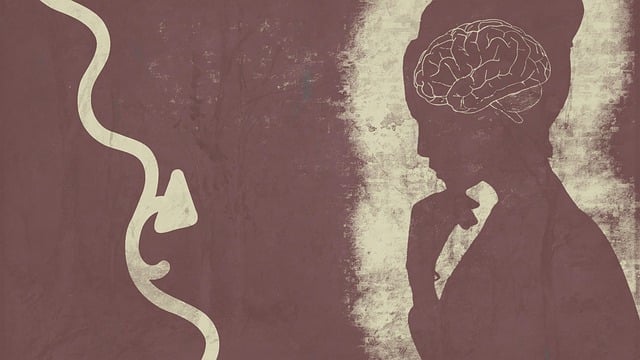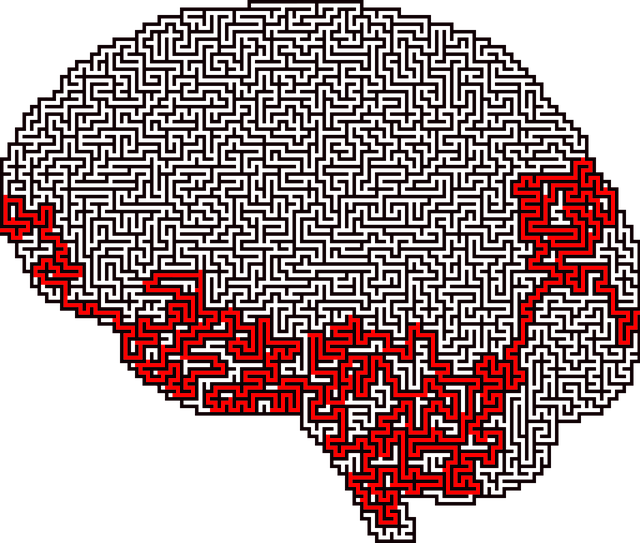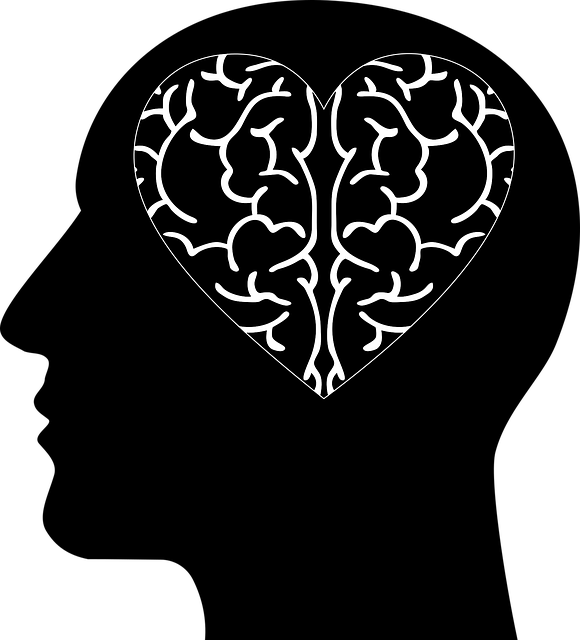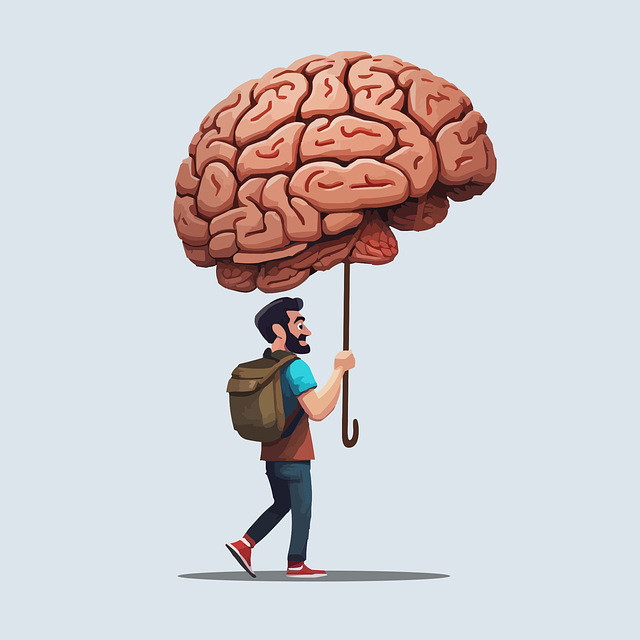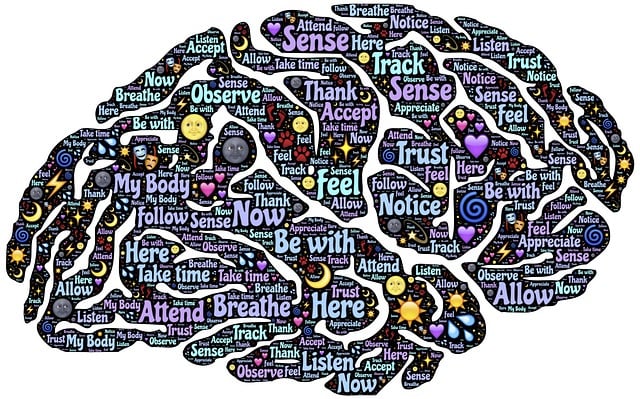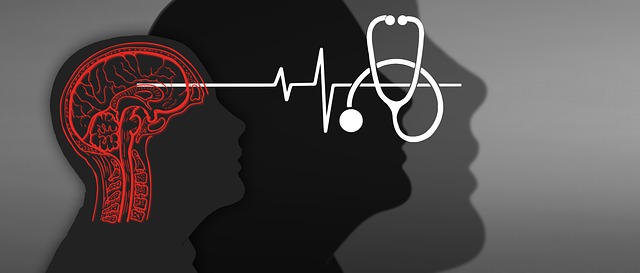Cultural competency in healthcare is key to addressing diverse needs, especially for conditions like Centennial Dissociative Disorder (CDD). It involves understanding cultural influences on health practices and communication. Accurate diagnosis and treatment require recognizing trauma expression differences. Training programs, such as Community Outreach and Self-Care Routine Development workshops, help healthcare providers overcome biases, enhance cultural sensitivity, and tailor services like Mental Wellness Journaling for inclusive healing. Immersive training with role-playing scenarios specific to CDD improves provider understanding of patient challenges, fostering empathy and trust. Burnout prevention techniques ensure professionals are compassionate and equipped to offer effective CDD therapy.
“Healthcare provider cultural competency training is an essential framework in delivering equitable care. This article delves into the critical topic of understanding and overcoming cultural biases and stereotypes in therapy, with a specific focus on conditions like Centennial Dissociative Disorder (CDD). By exploring effective training strategies, we aim to empower healthcare providers to offer more sensitive and successful treatment, ensuring every patient receives respect and comprehension tailored to their unique cultural background.”
- Understanding Cultural Competency in Healthcare: A Necessary Framework
- The Impact of Cultural Biases and Stereotypes on Therapy
- Effective Strategies for Training Healthcare Providers on Cultural Sensitivity for Conditions like Centennial Dissociative Disorder
Understanding Cultural Competency in Healthcare: A Necessary Framework

Cultural competency in healthcare is a critical framework that recognizes and respects the diverse cultural backgrounds and beliefs of patients and communities. It involves understanding and appreciating how cultural factors influence health practices, communication styles, and perceptions of illness and wellness. In today’s diverse society, healthcare providers must be equipped to offer effective care to individuals from various ethnic, racial, religious, and socio-economic groups. This includes addressing the unique needs and challenges faced by communities marginalized due to systemic barriers.
For instance, when working with patients experiencing mental health concerns like Centennial Dissociative Disorder, cultural sensitivity is paramount. The way trauma is understood and expressed can vary widely across cultures, impacting the effectiveness of therapy and support services. Incorporating practices such as Mental Wellness Journaling Exercise Guidance or Trauma Support Services, coupled with Crisis Intervention Guidance, can create a safe and inclusive environment for healing. By embracing cultural competency, healthcare providers ensure equitable access to quality care, fostering stronger connections between patients and their treatment plans.
The Impact of Cultural Biases and Stereotypes on Therapy

Cultural biases and stereotypes can significantly impact therapy sessions, creating barriers to effective treatment. When healthcare providers hold preconceived notions or generalizations about a patient’s cultural background, it may lead to misdiagnoses or inappropriate treatment plans. For instance, a therapist might assume that a patient with symptoms resembling Centennial Dissociative Disorder Therapy is experiencing cultural trauma, when in fact, the root cause could be entirely different. This demonstrates how stereotypes can cloud professional judgment and hinder progress in therapy.
Inaccurate cultural assumptions can also make patients feel misunderstood or disrespected, leading to reduced engagement in treatment. It’s crucial for providers to recognize their own biases and actively work towards developing cultural competency through training programs like Community Outreach initiatives or Self-Care Routine Development for Better Mental Health workshops. Additionally, Social Skills Training can equip therapists with the tools to navigate diverse patient backgrounds, ensuring every individual receives tailored care.
Effective Strategies for Training Healthcare Providers on Cultural Sensitivity for Conditions like Centennial Dissociative Disorder

Training healthcare providers on cultural sensitivity is paramount when addressing conditions like Centennial Dissociative Disorder (CDD). Effective strategies should go beyond surface-level awareness and focus on immersive experiences that mimic real-world interactions. Role-playing scenarios specific tocdd can help providers understand the complex emotional regulation challenges patients face, fostering empathy building strategies crucial for establishing trust.
Incorporating burnout prevention techniques within training is also essential. This includes teaching self-care practices and promoting open communication about stress management, as healthcare professionals dealing with culturally diverse patients may experience higher levels of stress. By integrating these approaches, training programs can better equip providers to offer compassionate, effective therapy for conditions like CDD.
Cultural competency training is a game-changer in healthcare, especially for conditions like Centennial Dissociative Disorder. By recognizing and addressing cultural biases and stereotypes, we can improve patient outcomes and foster more inclusive therapy sessions. Effective strategies outlined in this article provide a robust framework for healthcare providers to enhance their cultural sensitivity, ensuring every patient receives the best possible care tailored to their unique background and needs. This approach is not just beneficial; it’s essential for navigating the diverse landscape of mental health treatment today.
